
Why Does My Generator Keep Shutting Off?
One of the most commonly asked questions regarding generator troubleshooting is “Why does my generator run for a short period of time, and then shut off?” We asked our most experienced technicians this question and they came up with quite a few of the most common reasons this may be happening and what you can do to remedy them.
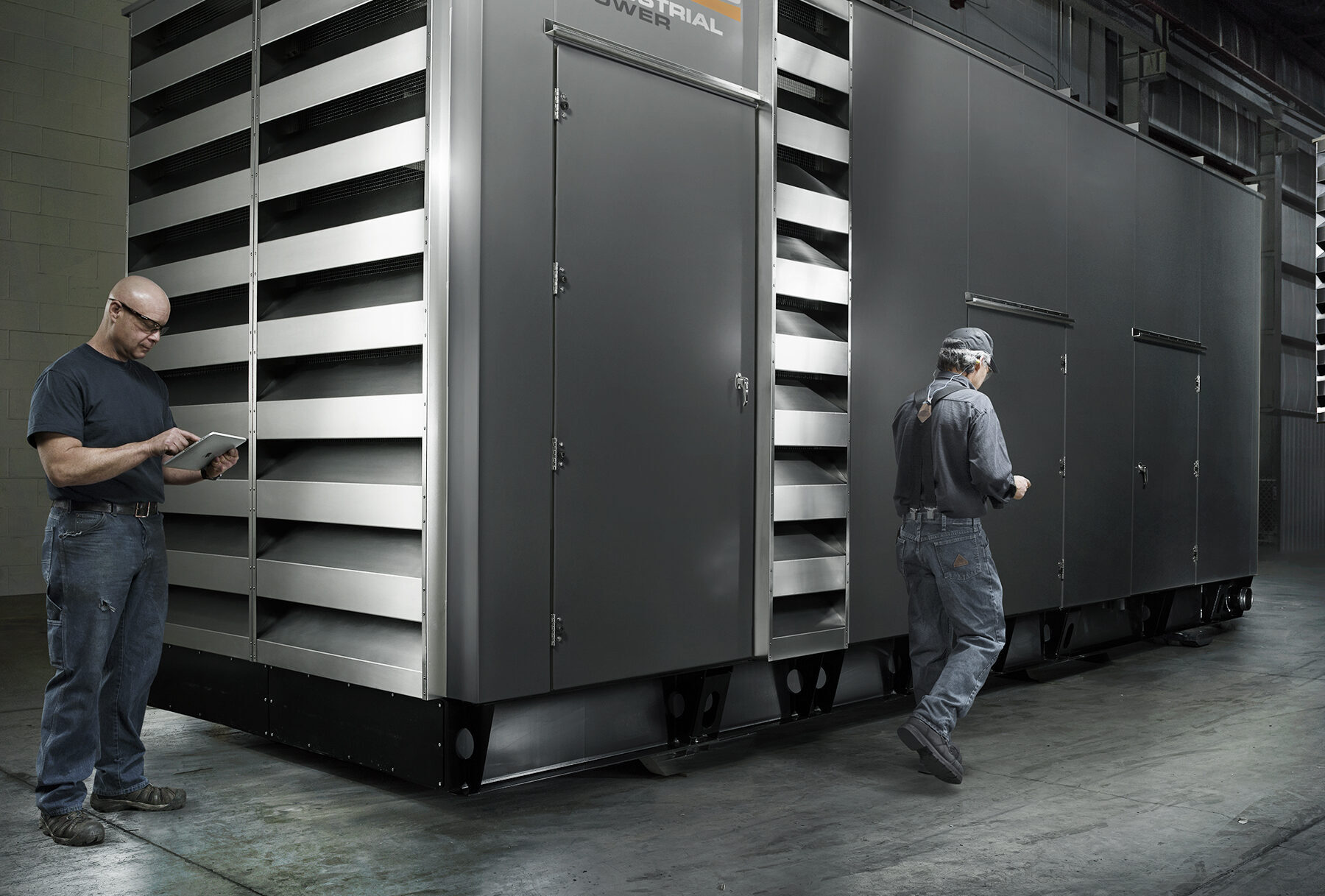
Overload
- The first thing you should check is that you are not running more equipment on backup power than your generator can handle. If you are running too much equipment on too small of a generator, the generator may shut down in order to avoid putting too much stress on your appliances.
- The only way to remedy a loss of power due to overload is to shut off the generator, reduce the load by unplugging unneeded appliances, and restart the generator. If you need help properly sizing your generator, check out the EMC Generator Sizing Webinar.
Fuel Shutoff Valve is Closed (Portable Generators)
- If you are using a portable generator, there is a fuel shutoff valve that is usually only used when you are storing your generator for long period of time to prevent stale fuel from circulating unnecessarily. Check that this valve is not still shut and preventing the flow of fuel to your engine.
- To remedy this, simply open the valve and restart the generator.
Fuel Level Too Low
- Obviously, your generator will not run without fuel. If your generator only ran for a short period of time then won’t start again, make sure you check your fuel level.
- To remedy low fuel, always make sure the fuel tank is full before running your generator. You can also choose to install a generator that is fueled by natural gas or liquid propane straight from the utility to prevent lack of fuel (disregarding extreme circumstances where the utility may fail).
Oil Level Too Low
- Oil levels that are too low can cause generator shutoff. Generators will still start with low oil, but newer models have a “low oil shutoff sensor” that will automatically kill the engine when oil levels are too low in order to prevent running of the generator with no oil. Running with low or no oil can cause severe wear and destruction to certain parts of your engine.
- To remedy low oil level, check oil level with the dipstick. If oil looks clean but the level is low, add more oil. If oil is dirty and at a low level, an oil change is necessary.
- Sometimes your generator may display a low oil pressure alert when the pressure is actually fine. This may indicate that your oil pressure sensor is faulty and needs to be replaced.
Water Level Too Low
- The rise in temperature without proper water levels in the radiator is too much for most generators to handle. Running at a high temp for any period of time is hard for the most sensitive parts of the engine, control panel, and voltage meter.
- Check water level and add water if necessary.
Choke Position Open for Too Long (Portable Generators)
- To start the generator the choke needs to be in full choke position. After a few minutes, change it to half, then after a few more minutes change it to run.
- Generators can shut off after a few minutes of running if the choke is left in the full choke position for too long.
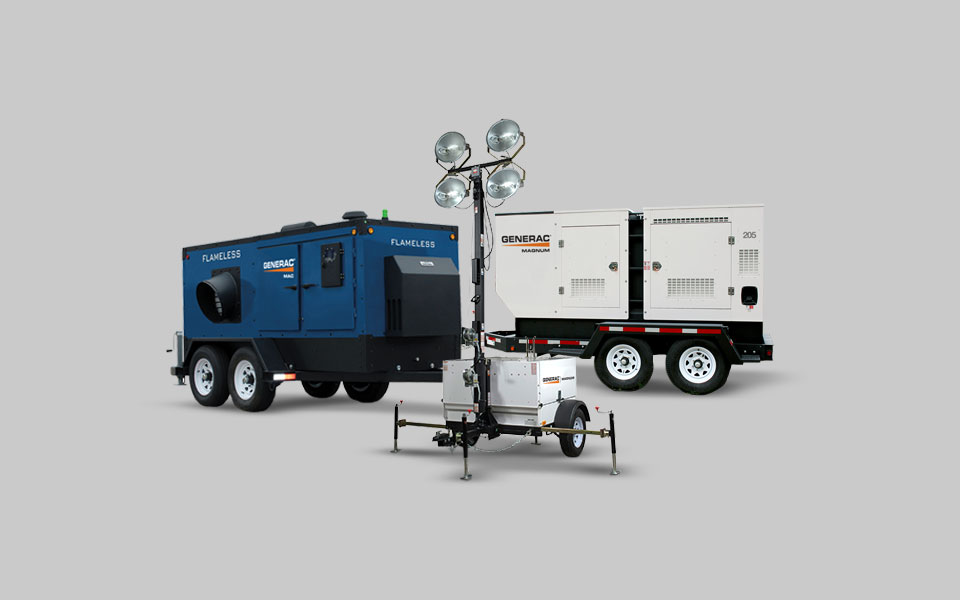
Rodents
- Generators are a warm home for small animals. And when they can’t find enough food, they will chew on any exposed wires or hoses causing electrical issues or fluid leaks.
- To remedy rodent infestations, remove the rodents and replace any wires or hoses that have been chewed through. Setting rodent traps to catch any future small animals before they make a home in your expensive generator may be a good idea as well.
Faulty/Dirty Spark Plugs
- If you have an issue with dirty or faulty spark plugs, you may hear a crackling noise and see your generator shut down after only a few seconds of running.
- To fix a spark plug issue, the most foolproof way would be to replace them with brand new ones. However, some spark plugs can become dirty and work like new if cleaned and re-installed.
Clogged Air Filter
- Engines need clean air to circulate in order for all parts to work in harmony. A clogged air filter prevents the correct amount of clean air from circulating throughout the engine.
- This fix is easy. Clean or replace your air filter for better air circulation.
Dirty Fuel Tank/Pipes
- Pressure can get locked in your fuel tank, dust or debris can cause restrictions, or your pipes can become damaged and leak. This makes it hard for the proper amount of fuel to circulate.
- To remedy a fuel system issue, first start with checking the fuel cap vent for any clogs. If all looks well with the fuel cap; check the fuel tank for sediment, bad fuel, etc. (See our article on maintaining diesel fuel here!) If the fuel tank looks dirty, cleaning the fuel tank and conditioning the fuel is a good idea. It is also a good idea to release pressure in the fuel tank and inspect all the pipes before each use.
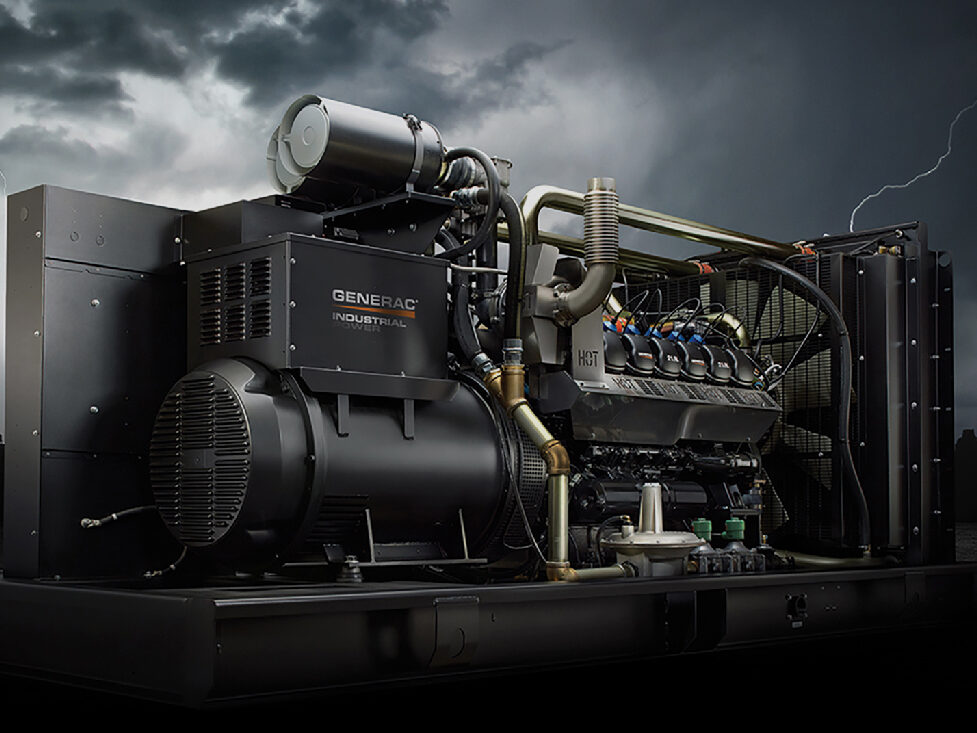
Dirty Carburetor
- Bad fuel in the carburetor can cause the volatile ingredients from fuel evaporate from the accumulated gas in the carburetor to form a thick mixture that sticks in the carb and causes a disruption in the fuel supply.
- The easiest way to remedy this is to keep your carburetor clean. If a carburetor is left dirty for too long, you may need to end up replacing the carburetor.
Battery Issues
- Usually battery issues begin with your battery charger. Your charger could be faulty, your installer could have put the charger on the same circuit as the block heater (causing the breaker to trip), or you could have gotten a faulty battery.
- Check the battery charging source to make sure it is not faulty. It may need to be replaced. If charger is not faulty check circuitry for overload. If circuits are not overloaded and the charger is working as it should, then you should replace the battery.
Block Heater Issues
- Block heaters keep the liquid in your engine around 100-120oF. This allows for quick startup and lubrication of critical parts. If your block heater is faulty, your generator may try to start, then shut off due to lack of fluid circulation, especially in colder temperatures.
- The only way to fix this problem is to install a new block heater.
Engine Fault
- Engine fault is hard to diagnose when you are not an experienced technician. If you have tried all the above steps and your generator still will not run for extended periods of time, engine fault may be the culprit.
- If you suspect engine fault, the best idea is to call an experienced technician to come take a look.
Exhaust System Fault
- A fault in the exhaust system can cause a generator to fail after a few minutes due to a buildup of exhaust causing a fault in the noxious emission sensors.
- This is a critical issue that needs to be dealt with by a professional.
Electrical Problems
- Electrical problems can happen in any part of any circuit or wiring of your generator. Electrical issues are not to be dealt with by unexperienced laypeople.
- This issue needs an experienced technician or electrician to come and troubleshoot.
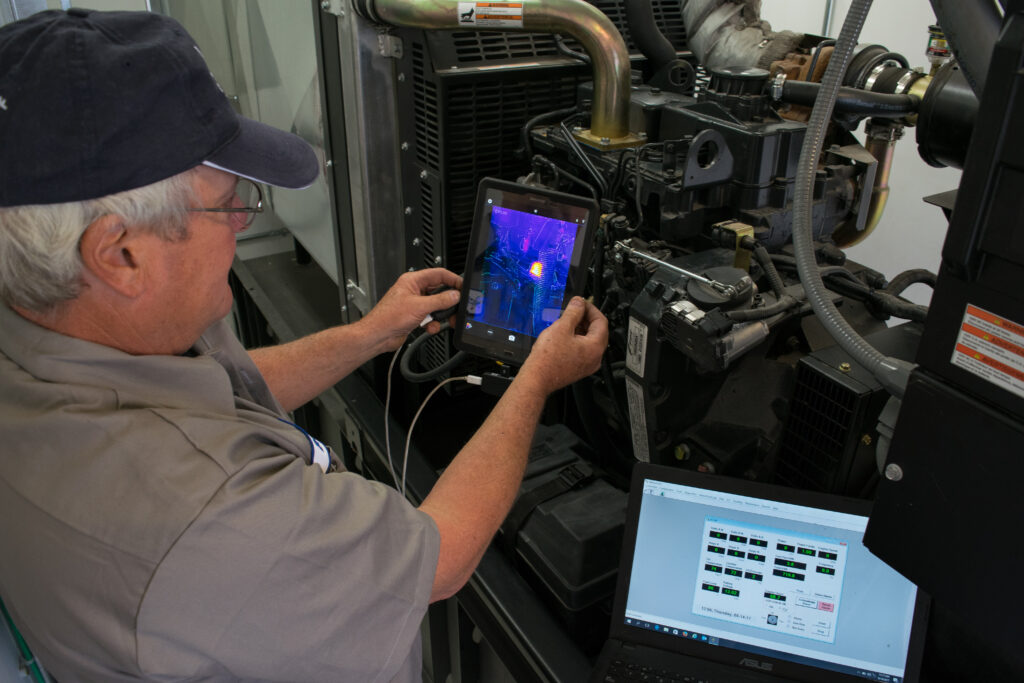
Sensor Failure
- Newer generator models have a lot of sensors. Sometimes if one sensor is failing it can set off a cascade of other issues in other sensors. Usually sensors are the most expensive part of a generator to repair or replace.
- The only way to fix a faulty sensor is to replace it. After replacing the sensor, the control panel may need to be reprogrammed to acknowledge any changes made before it will start working correctly. An experienced generator technician can help with any sensor replacements or reprogramming.
Are You Having Problems With Your Generator? We Can Help!
Call 800-595-5315 Or Connect With Our Expert Technicians Here:
Other Articles
- Critical Spare Planning

- Where Do I Start On My Generator Installation?
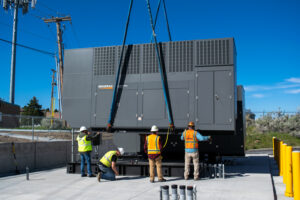
- How can Las Vegas heat lead to generator failures?


Lead Generator Technician
Conrad has over 10 years of experience in power generation. He graduated from Universal Technical Institute, and has a master certification from Generac. He loves the great outdoors and spending his time camping and fishing.



It’s probably because your generator is a Generac, the Yugo of generators! Built cheap to be cheap.
woah!! nice writing about troubleshooting your generator